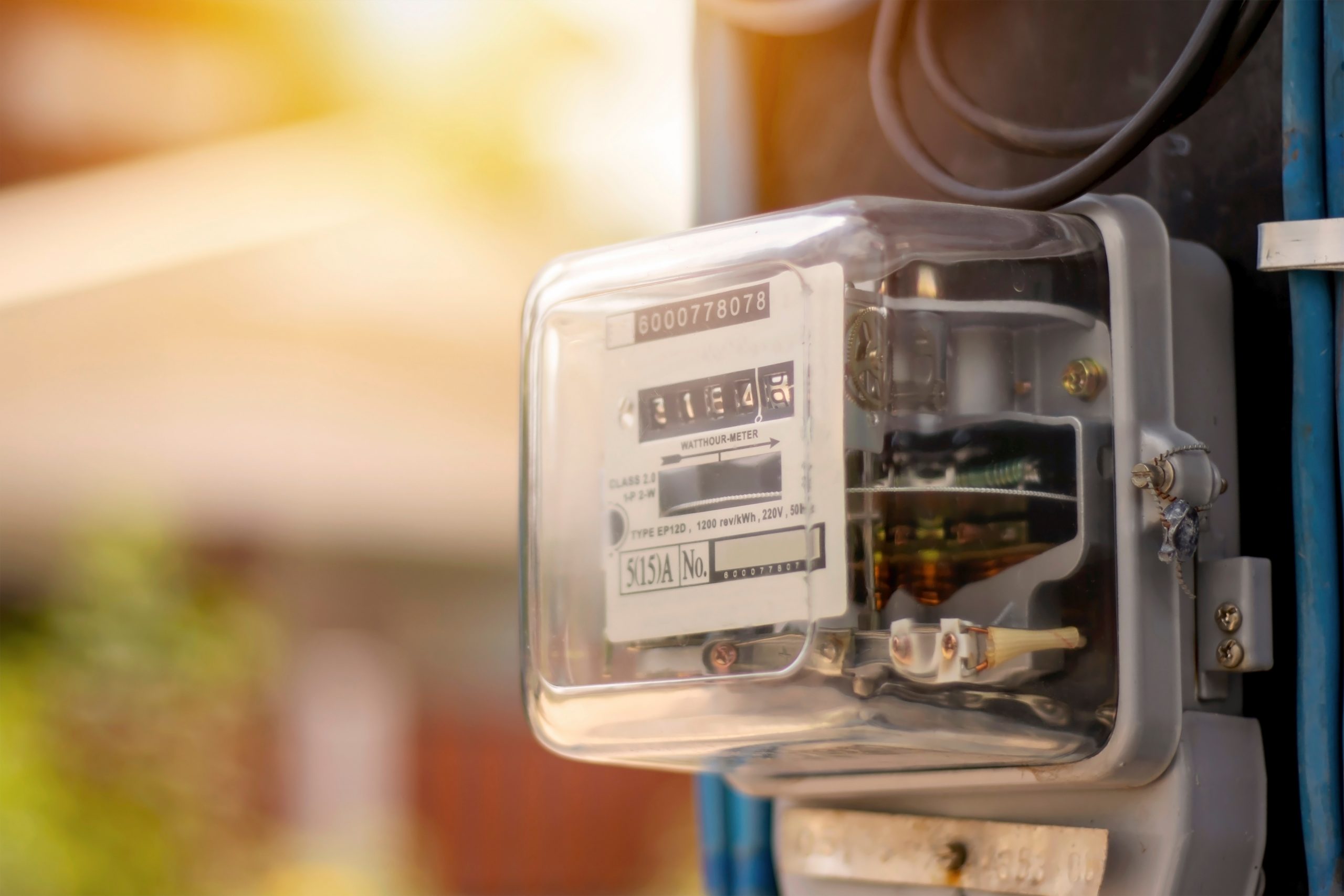Household Bills
Energy costs at more than two-year high as price cap set to push bills up for millions

Energy deals are the most expensive they have been in two years, and bills could rise further when changes to the price cap are announced later this week.
Suppliers have increased their cheapest energy deals by £180 since the start of July 2020, according to Comparethemarket.
The average price for one of the cheapest deals on the market is now £996, the highest since February 2019.
The rise in costs comes as the regulator Ofgem is expected to announce later this week an increase to the energy price cap by £150 a year from October, a move which would drive up bills for an estimated 15 million households.
The energy price cap is the maximum amount a customer with typical energy usage on a standard or default energy tariff can be charged each year.
It was introduced in 2019 to stop providers charging rip-off prices to households that do not switch every year.
It currently stands at £1,138, after rising by £96 a year in April.
Alex Hasty, energy expert, at Comparethemarket, said: “A further increase to the energy price cap will see energy costs shoot up for millions of households. While suppliers have been increasing prices across the board, it still remains significantly cheaper to switch to a competitive tariff.
“It should act as a useful reminder that the price cap is not there to serve as protection from hefty price increases and households should be alert to price changes when they take effect. There is plenty of time for those households that might be impacted to take action and save themselves from paying considerably more than they need to for their energy.”
Comparethemarket says households can save as much as £141 by switching tariff ahead of the price cap increase.
Separate research by the comparison site found households with children at home are struggling with their finances.
Nearly three in ten (28 per cent) of families with children at home struggled to pay their bills in the past week, compared with 15 per cent of those without children at home.